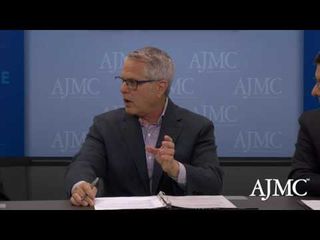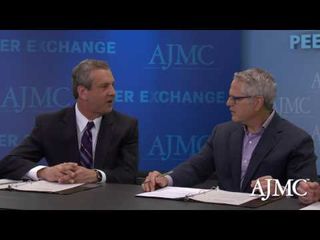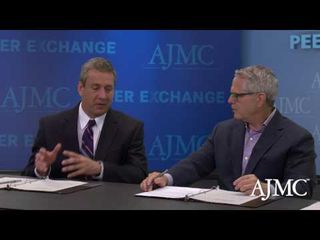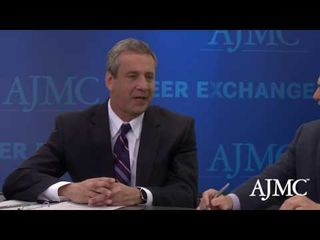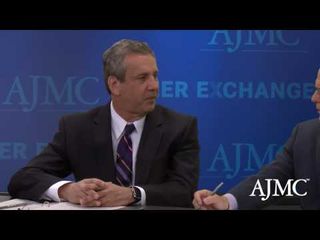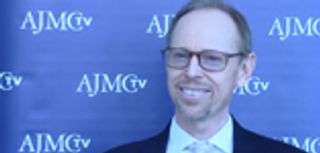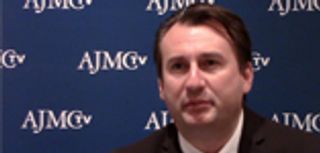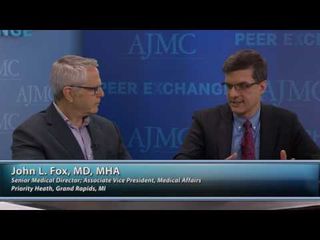
Insurance
Latest News

A California law that requires clinics to notify women that abortions paid for by the state are available has been ruled a violation of free speech rights; half of all workers in the United States have health insurance with a deductible of at least $1000, which is up from 22% in 2009; a new study found that more seniors insured by Medicare are dying at home instead of a hospital.
Latest Videos

CME Content
More News

Enrollment in Medicare Advantage plans has grown sharply to cover one-third of all Medicare beneficiaries. During that growth, customer satisfaction with these plans remains stable, according to a new report from J.D. Power.

Coverage of our peer-reviewed research and news reporting in the healthcare and mainstream press.

CMS Administrator Seema Verma said the agency is seeking public comment on the so-called Stark Law, which was enacted to prevent independent physicians from referring Medicare patients to facilities where they have a financial benefit. The agency said it was focusing, among other things, on how the law may impede care coordination.

The Justice Department said that Healogics, a Florida-based wound care chain, agreed to pay up to $22.51 million to settle allegations that it violated the False Claims Act by knowingly causing wound care centers to bill Medicare for medically unnecessary and unreasonable hyperbaric oxygen (HBO) therapy.

If you heard of a drug with a 387 percent return on investment, wouldn’t you want in? That was the result of a voluntary program in Maine that provided proper meals to high-risk Medicare patients leaving the hospital. Managed Care Cast explores results that appear in the current issue ofThe American Journal of Managed Care®.

Physicians participating in the Oncology Care Model now provider care for approximately 21% of Medicare patients with cancer. An analysis from Avalere Health found that those doctors treat some types of cancers more than others.

The Trump administration is proposing to halt the public disclosure of hospital infections on the CMS Hospital Compare website; the American Medical Association (AMA) is opposing the proposed merger between CVS Health and Aetna after an analysis of the impact; and health experts are warning about the short- and long-term health impacts of the current zero tolerance immigration policy.

Health insurer Humana and pharmacy chain Walgreens announced Tuesday they are opening joint primary care clinics for senior citizens in Kansas City, Missouri. Separately, a report from America’s Health Insurance Plans (AHIP) found that Medicare Advantage populations continue to be more diverse and represent a larger share of low-income seniors than traditional fee-for-service (FFS) Medicare beneficiaries.

Authors from Foundation Medicine explain the regulatory path that led to approval of FoundationOne CDx.

Health plans are under scrutiny to address social determinants of health, which include food insecurity and poor housing.

This week, the top managed care stories include the CDC says the suicide rate is rising; lawmakers ask when drug prices will start falling; and a policy change will allow people in Medicare to use their smartphone to manage diabetes.

Coverage of our peer-reviewed research and news reporting in the healthcare and mainstream press.

This article reports that an integrated medication management program in a Pioneer Accountable Care Organization was associated with decreases in all-cause hospitalization and Medicare costs.

The ban on letting people in Medicare connect their continuous glucose monitor (CGM) to a smartphone drew ire from patients, advocates, and even the Government Accountability Office.

Researchers from the University of Maryland at Baltimore tracked how quickly drugs in eight therapeutic classes made it onto formulary across hundreds of Medicare Part D plans over five years, and found that while plan differences mattered, drug characteristics mattered more in decisions.

Every week, The American Journal of Managed Care® recaps the top managed care news of the week, and you can now listen to it on our podcast, Managed Care Cast.
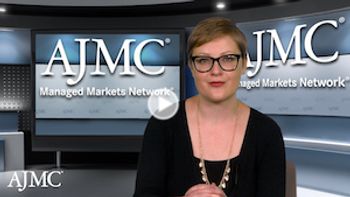
This week, the top managed care stories include Medicare Part A will run out earlier than predicted; healthcare costs for families continue to rise; and thousands of women with a common form of early breast cancer can forgo chemotherapy.

Telehealth, a universal term for the use of digital information and communication technologies to remotely access healthcare services, is improving availability of healthcare services, particularly for patients in rural areas.

There is significant heterogeneity in formulary placement and restrictions on new drug approvals in the Part D marketplace.

A study of baseline characteristics and spending of hospitals participating in Medicare's voluntary and mandatory orthopedic bundled programs found that there were few differences, indicating that mandatory programs could engage more hospitals that otherwise would not have participated in voluntary programs.

While utilization management in general is a pain point for everyone, it’s a necessary evil in the United States, where we spend 18% of our gross domestic product on healthcare, explained Debra Patt, MD, MPH, MBA, vice president, policy and strategy, Texas Oncology; medical director, analytics, McKesson Specialty Health, during a session at the 2018 American Society of Clinical Oncology Annual Meeting in Chicago, Illinois.

CMS reported that 91% of all clinicians eligible for the Merit-based Incentive Payment System (MIPS) participated in the first year of the Quality Payment Program (QPP), surpassing the agency’s goal of 90%.

The top status comes as digital providers, such as Omada Health, are trying to convince CMS to include them in the Medicare National Diabetes Prevention Program program.

A retrospective analysis conducted by researchers at the University of Louisville has found that less than 2% of the more than 7.5 million eligible smokers were screened for lung cancer in 2016 despite recommendations by the United States Preventive Services Task Force (USPSTF). These results will be presented at the 2018 American Society of Clinical Oncology Annual Meeting, June 1-5, Chicago, Illinois.

An analysis of the 4 years of the Comprehensive Primary Care Initiative found slowed growth in emergency department visits, but no significant changes in Medicare spending or claims-based quality of care.



